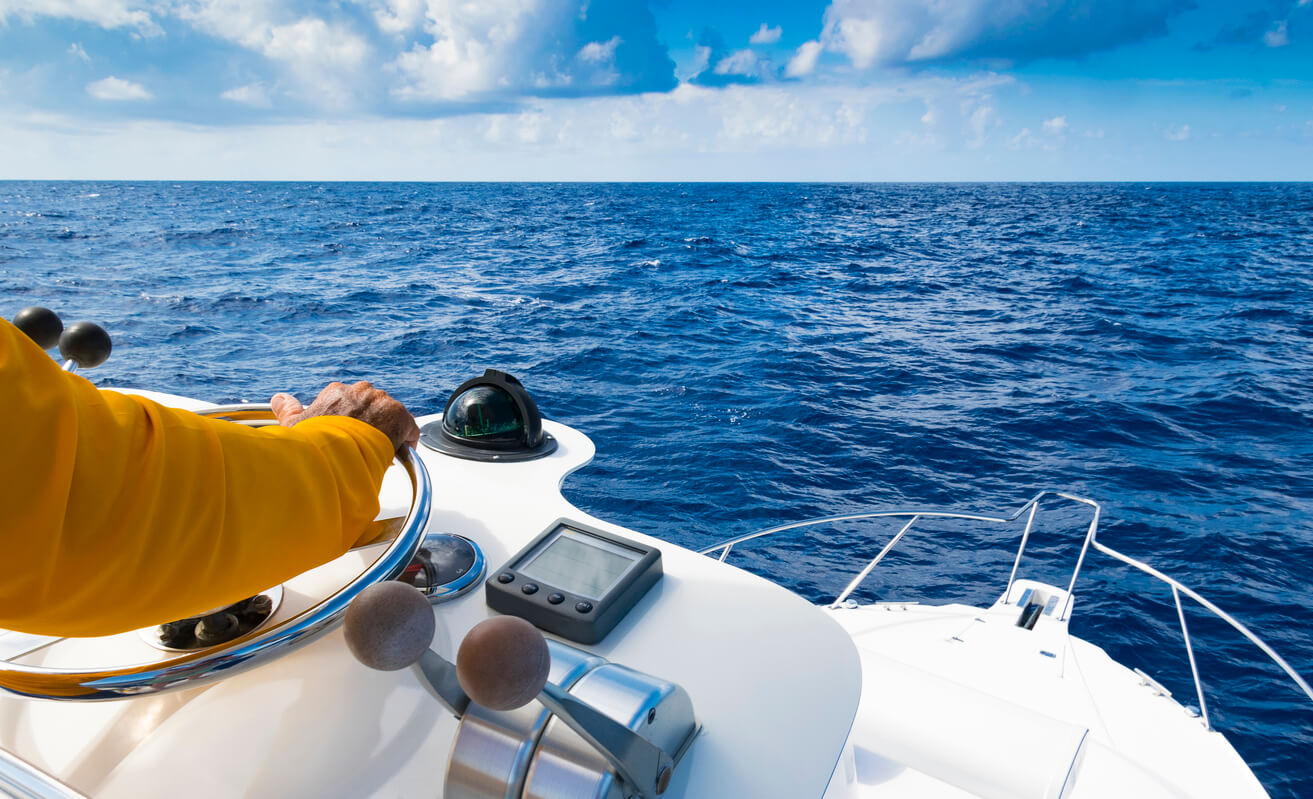No matter how much experience you have, it is always a good idea for everyone to review boating safety rules before departures. Read these 10 basic boating safety tips to help you stay safe on the water:
- Be Weather Wise. Always check local weather conditions before departure; TV and radio forecasts can be a good source of information.
- Follow a Pre-Departure Checklist. Proper boating safety includes being prepared for any possibility on the water. Following a pre-departure checklist is the best way to make sure no boating safety rules or precautions have been overlooked or forgotten.
- Use Common Sense. One of the most important parts of boating safety is to use your common sense. This means operating at a safe speed at all times (especially in crowded areas), staying alert at all times and steering clear of large vessels and watercraft that can be restricted in their ability to stop or turn.
- Designate an Assistant Skipper. Make sure more than one person on board is familiar with all aspects of your boat’s handling, operations, and general boating safety.
- Develop a Float Plan. Whether you choose to inform a family member or staff at your local marina, always be sure to let someone else know your float plan. This should include where you’re going and how long you’re going to be gone.
- Make Proper Use of Lifejackets. Make sure that you assign and fit each member of your onboard team with a life jacket prior to departure.
- Avoid Alcohol. Practice boating safety at all times by saving the alcohol for later. The probability of being involved in a boating accident doubles when alcohol is involved and studies have shown that the effects of alcohol are exacerbated by sun and wind.
- Learn to Swim. If you’re going to be in and around the water, proper boating safety includes knowing how to swim.
- Take a Boating Course. Beginning boaters and experienced experts alike need to be familiar with the boating safety rules of operation. Boater education requirements vary by state; however, some require validated completion of at least one boating safety course. Regardless of your individual state’s requirements, it’s always important to be educated and prepared for every circumstance that might arise.
- Consider a Free Vessel Safety Check. Take advantage of a free vessel safety check from the US Coast Guard. They offer complimentary boat examinations to verify the presence and condition of certain safety equipment required by state and federal regulations. Free of charge, they’ll provide a specialist to check out your boat and make helpful boating safety tips and recommendations.
We know the local waters—we work, play and boat here. Call us today at 410-213-5600 to make sure your fun is properly covered. To learn more about boating safety, visit discoverboating.com for information.








